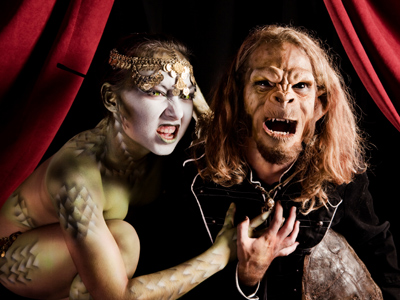
Words Used in Connection with Literature 01
Words used in connection with literature are those used in books and plays, to name two examples. Like all other subjects, literary studies (i.e. English literature, in school) has a special vocabulary which enables people to discuss its various aspects.
You will already know many of the words, because they are the topics of the quizzes in this section. In order to discuss poetry, you might need to use words such as metre, rhyme, stanza, caesura and couplets. To discuss language in poetry and fiction, you will need to know words like metaphor, alliteration, onomatopoeia and personification. Drama requires knowledge of such words as dialogue, aside, soliloquy, stage directions and character.
These lists are not exhaustive, by any means, but are some of the basics you need to know when talking or writing about literature. Try this quiz to test your knowledge of literary vocabulary.
Atmosphere
Setting
Stanza
Oxymoron
Third person narrative.
Rhythm
Protagonist
Imagery
Enjambement
First person narrative.
Ready for more?
not all...
quizzers. Try to win a coveted spot on our Hall of Fame Page.







